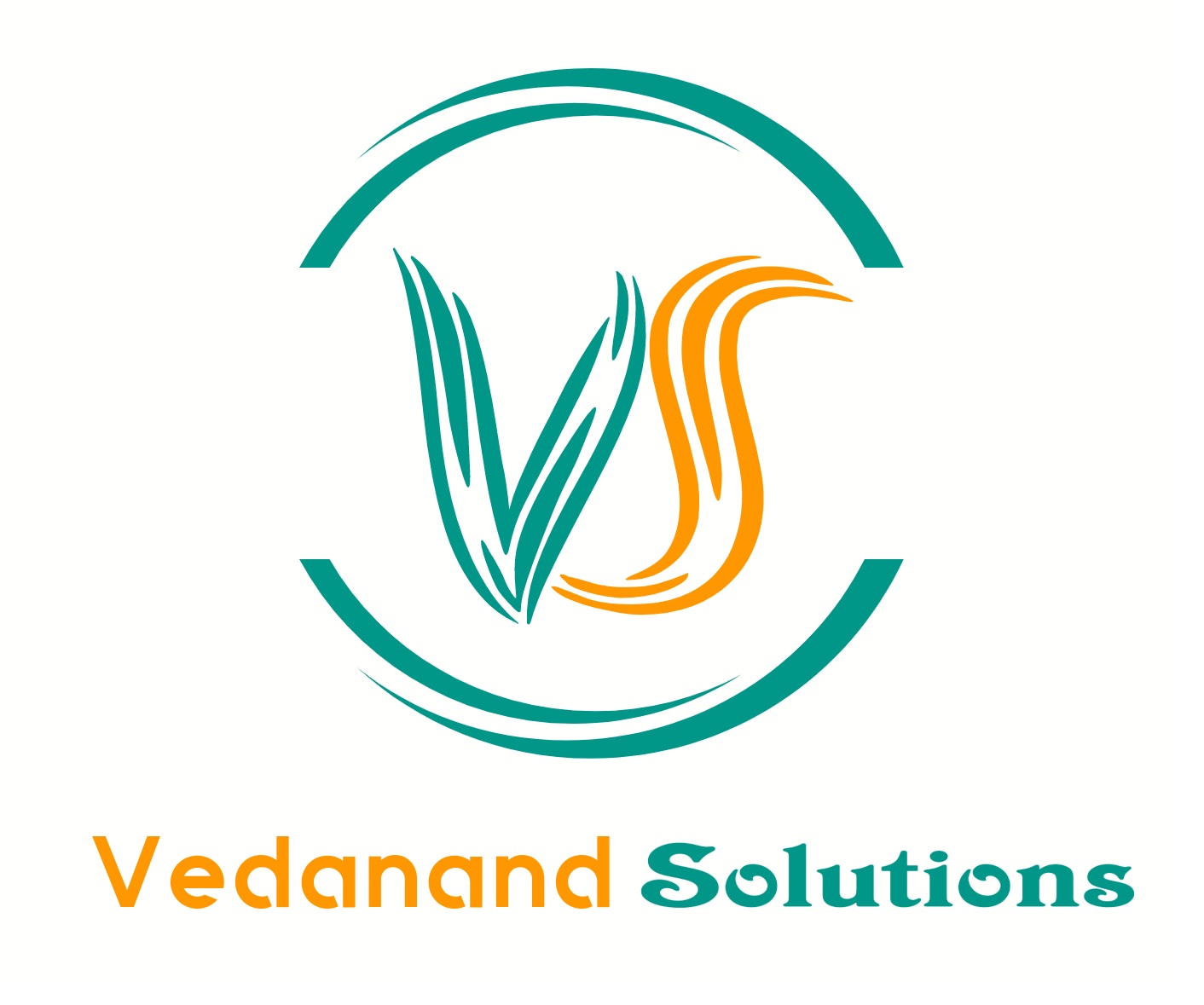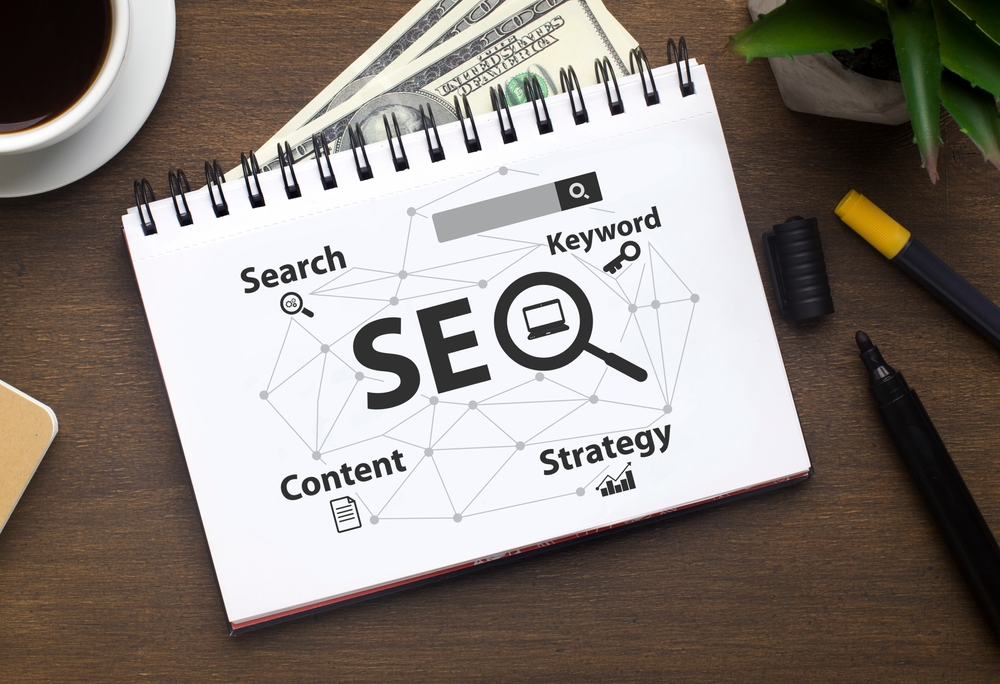Understanding SEO
SEO has much to do with the change of all facets of your website to be able to please search engine spiders and bots. It, therefore, increases the chances of your website appearing among the first search results. Unlike paid advertising, SEO does not depend on its own organic search results. SEO naturally becomes a little cost effective in the longer run.
Key Components of SEO
Keyword Research and Analysis: The most basic part of an e-business is getting to know the important keyword set which each of the potential customers uses to search for products or services. This involves understanding user intent and selecting the accomplishment of proper search volumes and competition levels for this purpose.
On-Page SEO: Optimization of individual web pages so that they will rank higher and earn more relevant traffic. Meta titles and descriptions, header tags for every page, URL structures, and content optimization are some of the elements involved.
Off-page SEO: Any activity that takes place outside of your website to add to its overall authority and ranking-thus link building, social engagement, and influencer outreach for high-quality backlink acquisition.
Technical SEO: Bringing the website into compliance with the technical requirements of search engines crawling and indexing. Site speed, mobile friendliness, XML Sitemaps, and structured data are included.
The Importance of SEO in Online Visibility
More Organic Traffic: Most of the time, high ranking in SERP will ensure that more visitors will have access to their new website with the right keyword inputs. This is where it would mean very high numbers in organic traffic for the site: users would be searching for those keywords, and they would click on the top results out of them.
Credibility and Trust: Appearing on the first page of search results makes the website more credible and trustworthy in some cases. Good SEO is coming to help users build authority and improve brand reputation.
Better User Experience: SEO, in improving the structure and content of a site, makes it a better place for the users. The structured site with pertinent content creates an atmosphere for the user, who feels engaged and, thus, does not bounce off.
Cost-Effective: SEO works on organic traffic. Thus, it is the most cost-effective way of developing long-term results as compared to paid advertisements. Money spent over time returns more in SEO compared to other options.
Effective SEO Strategies
Quality Content Creation: Quality, relevant, and engaging content straight from the need for your target audience should be a major hallmark in producing it. It would even build authority to your brand in the industry by constantly feeding your blog with informational articles.
Mobile Optimization: As thousands of people keep on increasing utilizing their mobile devices, you most assuredly need to consider mobile responsiveness of your website. It employs a better user experience and better ranking as fast loading for mobile sites.
Link Building: After all, search engines still view every backlink to your website as an amount of vote from another site declaring your ownership and authority. Guest posting along with that can broaden the scope of link acquisition by establishing your potential visibility with these industry influencers.
Technical Improvements: Improvement in site speed, the provision of HTTPS for secure connections, and also optimization of site architecture enable better crawling and indexing by the search engine. Technical audits on a regular basis help in identifying issues that hamper performance against reviewing them.
Local SEO: This is all it takes for businesses that serve locality customers. Local search optimization is about identifying that Google My Business page itself has been created and optimized, ensuring a good number of sturdy reviews from customers and attaining a consistent mention of NAP (Name, Address, Phone Number) across different platforms.
Measuring SEO Success
There is the need to use analytical tools for checking actual performance indicators (APIs), namely organic traffic, bounce rate, conversion rate, and keyword rankings. Periodic checking would help to grasp what goes best with your SEO application or what changes need to be done.
Conclusion
There is the need to use analytical tools for checking actual performance indicators (APIs), namely organic traffic, bounce rate, conversion rate, and keyword rankings. Periodic checking would help to grasp what goes best with your SEO application or what changes need to be done.





